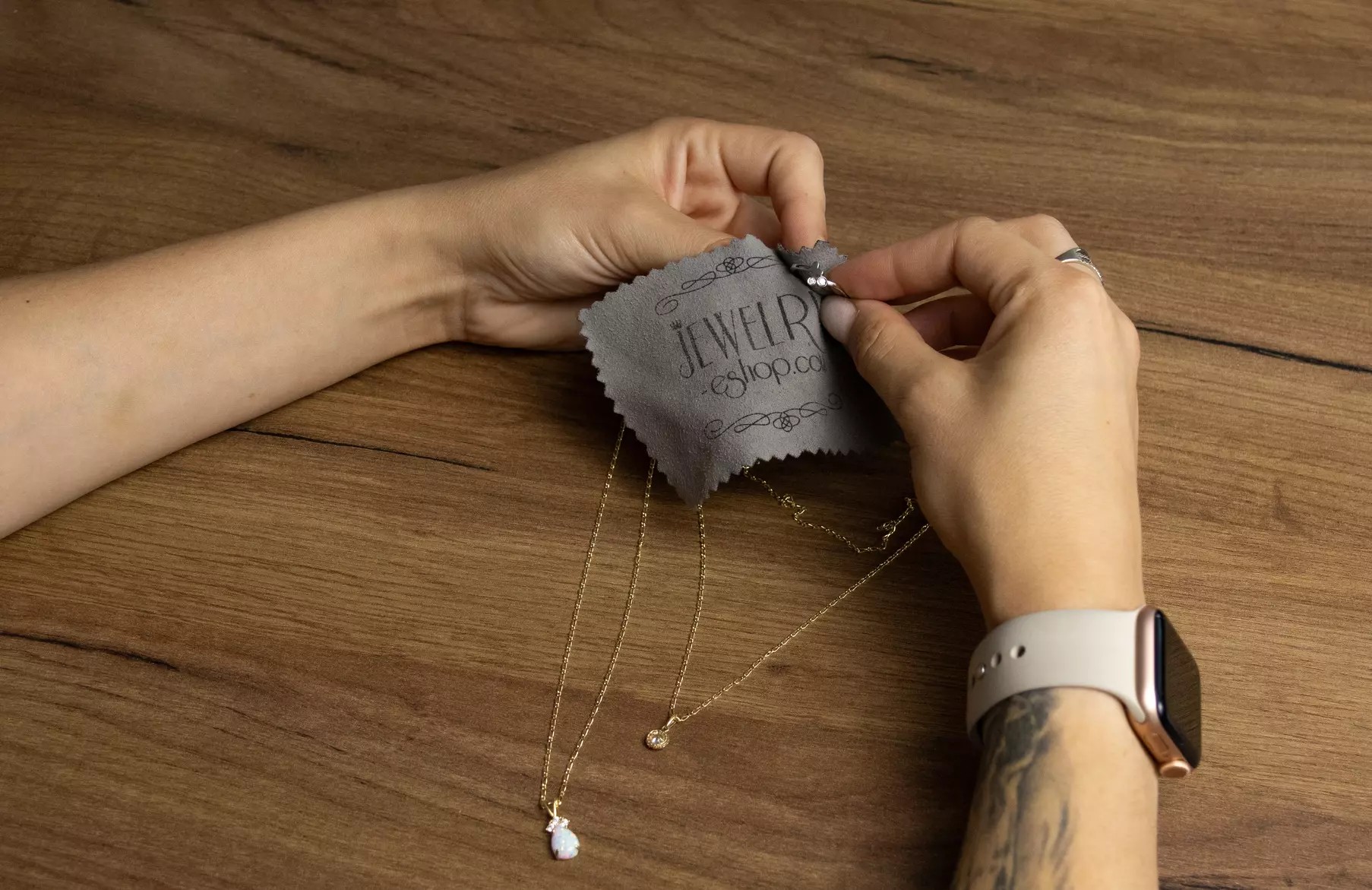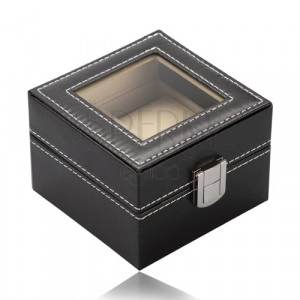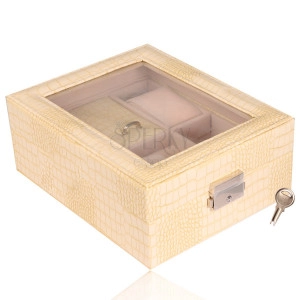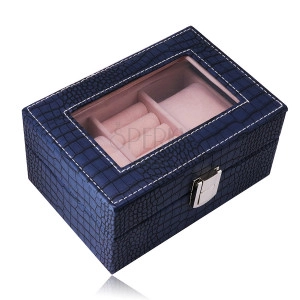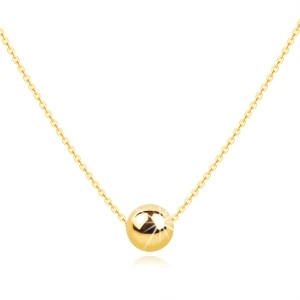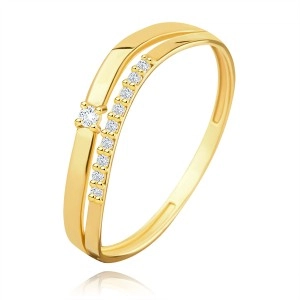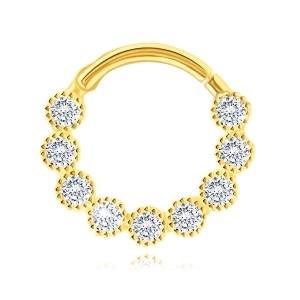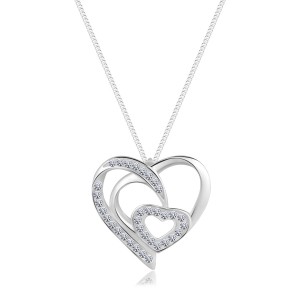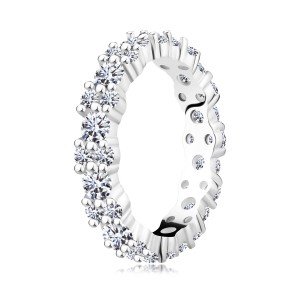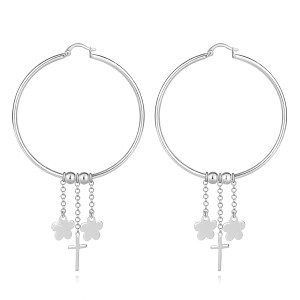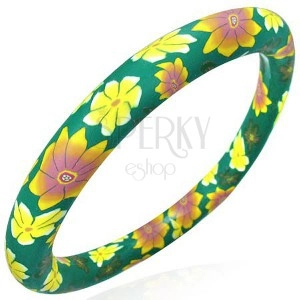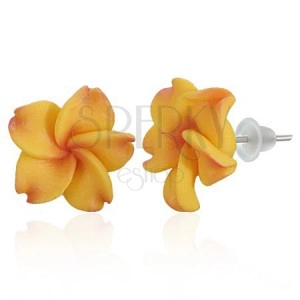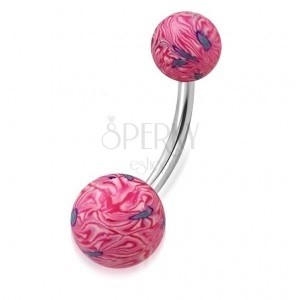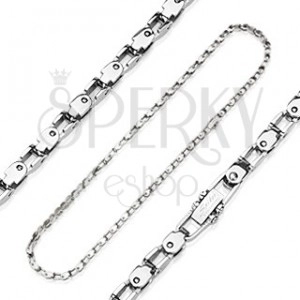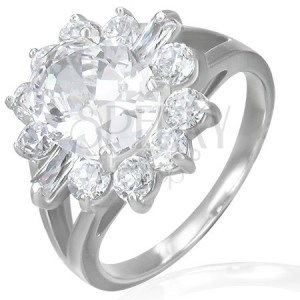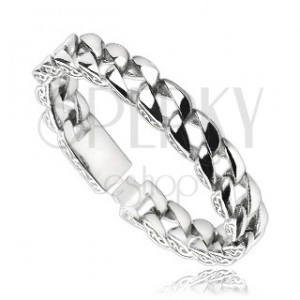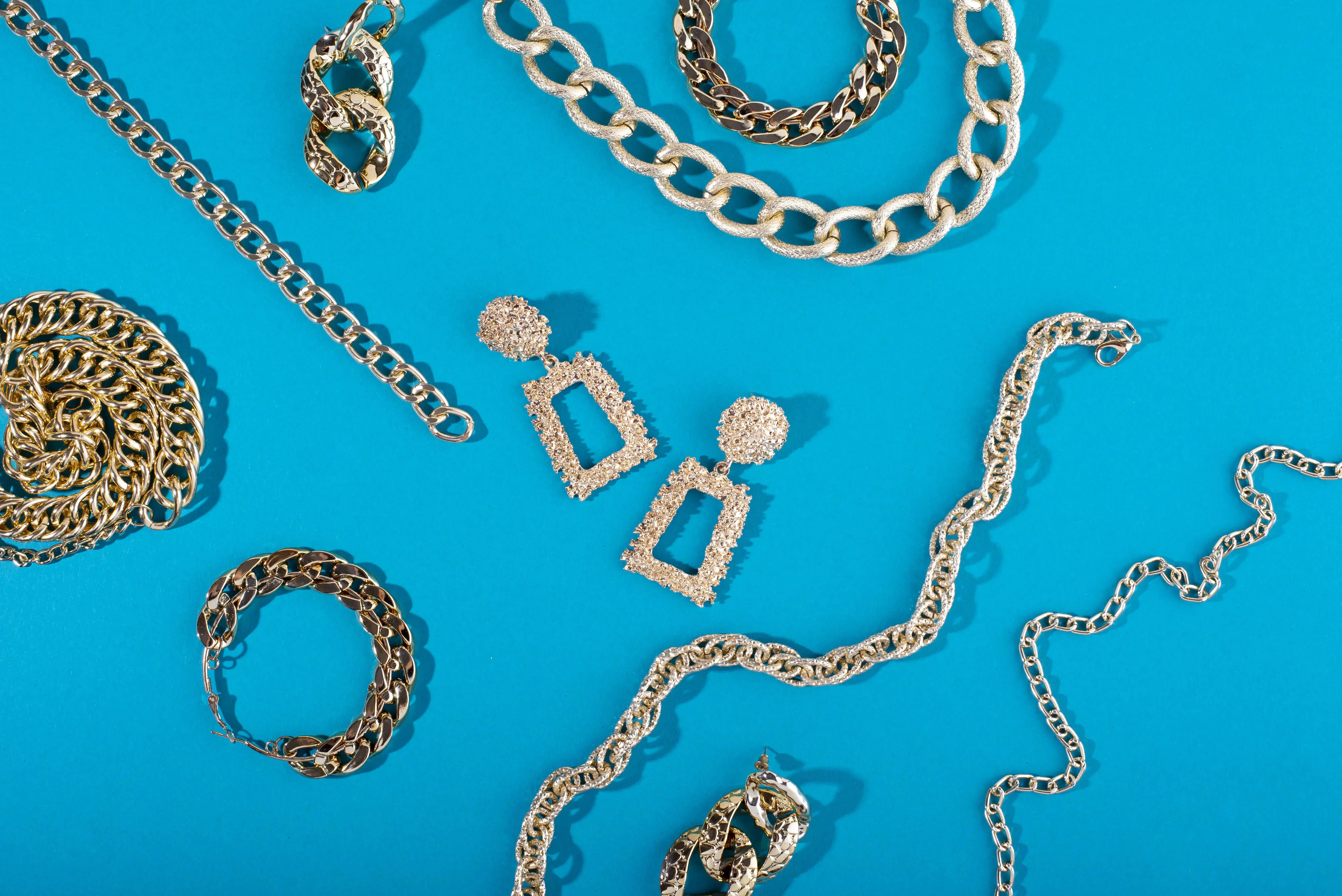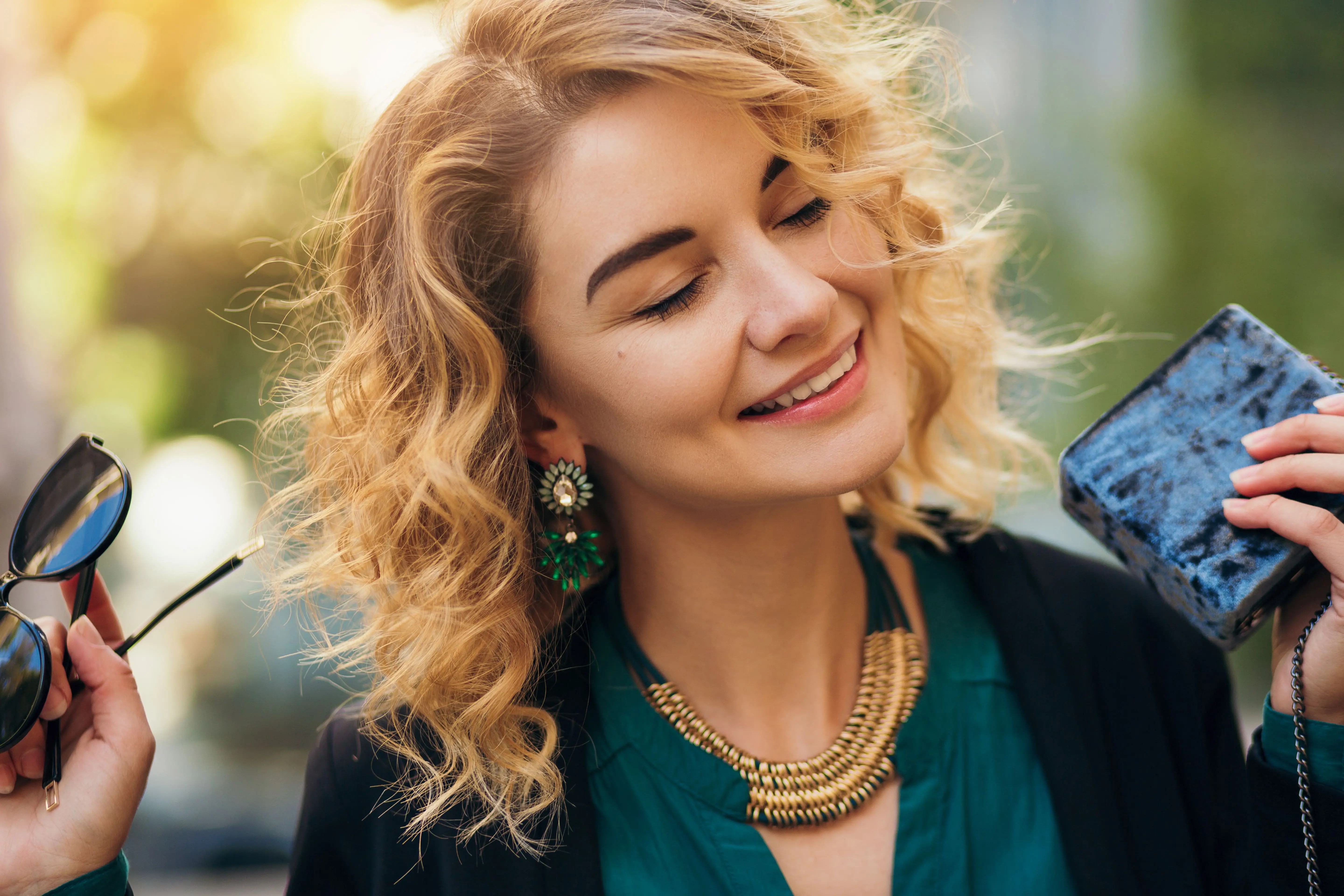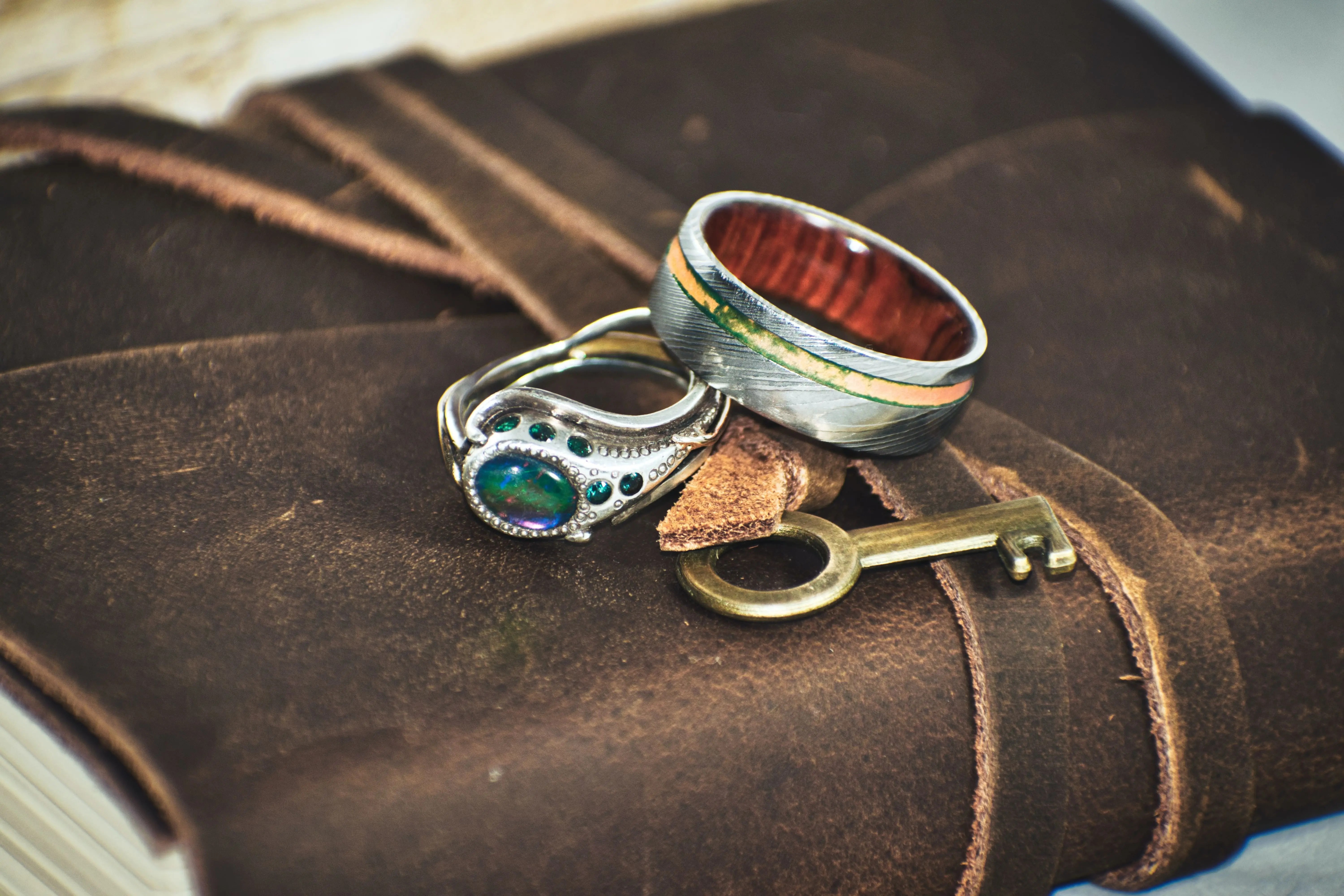For many of us, jewellery is an important part of our wardrobe. Whether it's jewellery that we wear every day and carry in it a lot of memories, or jewellery that we only choose for special occasions. Like everything important, jewellery too needs to be taken care of. We want it to last as long as possible in the best possible condition. Quality and expensive jewellery is often more than just an ornament to beautify ourselves. We all deserve a few luxury pieces. Whether it's a great investment or a memory and inheritance with a special value, we treasure jewellery very much. We've written down some basic advice on how to care for your jewellery so that it lasts as long as possible.
Great advice for all jewellery
Of course, every material and stone is special and different rules apply. However, there are some basic tips on how to care for your jewellery so that it lasts as long as possible.
Keep it in your jewellery box at night
All the jewellery you wear should be put away while you sleep. It doesn't matter if it's a bracelet, necklace or ring, everything should be stored safely in your jewellery box before going to bed. When putting it away, you should be especially careful to keep your jewellery apart. Each one should have a dedicated place with soft material where you can store it and protect it from dust and moisture. There is a large variety of jewellery boxes you can buy for such storage, however, when choosing one, you need to consider the amount of your jewellery as well as your other requirements.
Great jewellery boxes are those that have a sufficient number of separate compartments. This is because if you were to leave jewellery loose next to each other, it could easily cause minor scratches on one another. A diamond on a ring, for example, will quickly and easily scratch the gold pendant of a necklace or your favourite earrings with its cut. Also, you should not expose it to direct sunlight or high humidity while putting it away. This applies, of course, even to jewellery intended only for special occasions. Keep it in a safe, separate place that will protect it properly.
Take off your jewellery also when doing physical work and sports
Whether it's more heavy-duty chores like cleaning or gardening, putting furniture together, or relatively simple tasks like cooking, you should keep your jewellery in a safe place. Firstly, it can scratch very easily and secondly, by doing so you are exposing it to a high amount of dirt it can pick up. This shortens the lifespan and the jewellery slowly loses its shine and quality. Of course, with good quality materials there is always something that can be done about it, but it is better to avoid these situations and keep the jewellery clean.
Same with sport. When you play sports, you sweat and the sweat gets trapped on the jewellery as well as the dust from the surroundings. In addition, if you use various gadgets while playing sports, these can damage and scratch the surface of the jewellery. Not to mention that when you play sports, you don't have time to check if your jewellery is sufficiently attached and you can easily lose it. Therefore, a better alternative is to simply put the jewellery away and put it back on after the sport.

Beware of sudden changes in temperature and humidity
Jewellery should not be taken into the shower or otherwise exposed to sudden changes in temperature and humidity. To some extent, especially in winter, certain changes simply cannot be prevented, but try to minimize them. For example, if you go out on the street in winter, hide your jewellery under layers of clothing or use gloves. These will keep your hands warm and your ring won't experience such a temperature shock. Gemstones and natural stones are especially sensitive to rapid changes in temperature and humidity, as they may change colour or crack due to such changes and the effects of high temperatures such as hot water or prolonged exposure to sunlight. Particularly sensitive is the emerald. Therefore, you need to take emerald rings off even when washing the dishes. It is better to save it as a piece of jewellery for special events not for normal everyday wear.
Wash jewellery the right way
Minor imperfections, dust, perfume or make-up residues can be easily removed with a soft cloth, similar to the one used to clean eyewear glass. Use dry and soft cloths designed for this purpose. Chemical-infused cloths are certainly not a suitable alternative. Occasionally, jewellery can be cleaned with water and detergent, or the residue can be cleaned with a soft toothbrush. After washing, always dry the jewellery with a soft cloth. However, avoid using gloves made of rubber or latex, which can strip it of its shine. Similarly, various chemicals, toothpastes and cleaning products that are not directly intended for cleaning jewellery can damage it.
When worn out, seek professional help
If you feel that your jewellery has become very tarnished or you can't cope with a routine cleaning, you'd better find a jeweller who will give your jewellery professional care. Jewellery cleaning is not a very expensive affair, so you don't have to worry too much about your wallet. However, you will always get a well-cleaned piece of jewellery without the risk of ruining it. Some jewellery has specific finishes and other treatments that, if not cleaned properly, will quickly ruin the whole piece. Repairing jewellery such as rhodium-plated silver jewellery or jewellery with an unusual gemstone can blow through your wallet much more than the cleaning itself.
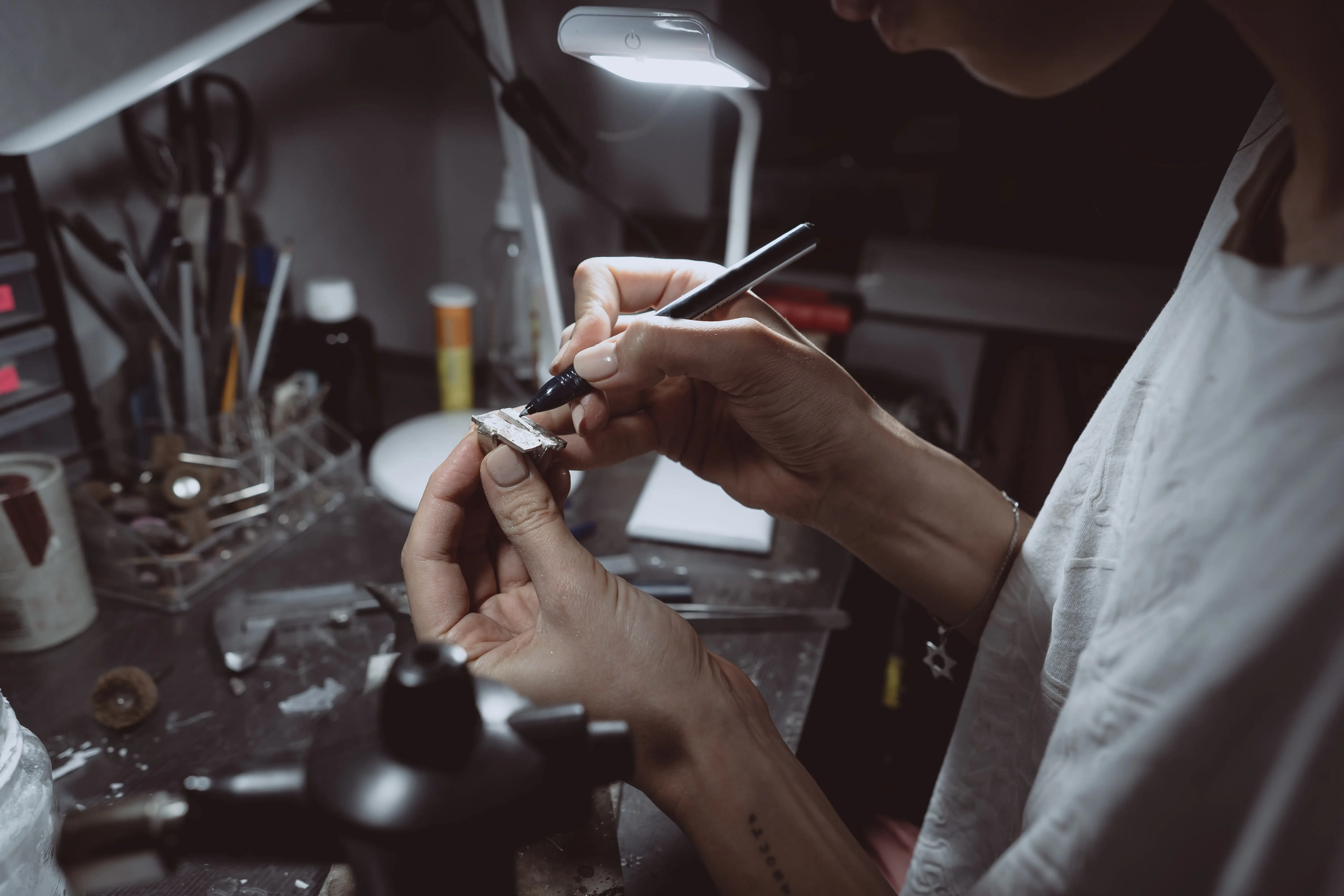
Cleaning of individual types of jewellery
Just like people, every jewellery piece is unique. Each material and gemstone requires specific care, and many times different rules apply when caring for individual metals. We have written down the basic rules of care for the most common metals and materials.
Gold
In order to keep your gold jewellery in perfect condition, you need to look after it properly. Since gold is a soft metal, you need to be careful while cleaning it so that you don't leave cracks or scratches on it. If your gold jewellery gets dirty, you can wash it with mild soap and warm water. Rinse it and dry it with a soft cloth. If jewellery is exposed to moisture or sweat, it may oxidise and lose its shine.
-
Round 585 gold piercing – discs with zircons, ribbed edge, hinged snap
add_shopping_cart Add to cart£155,75
Silver
Silver is a popular material for jewellery because of its shine and durability. However, if you don't take care of it, it can get damaged and discoloured. When cleaning silver, avoid using abrasive cleaners and use mild soap and warm water instead. If the jewellery becomes very dirty, you can clean it with a silver cleaner. Silver also oxidises when exposed to air, so it is important to store it in a dry and dark environment.
Platinum
Platinum is a very durable metal, popular material for jewellery due to its resistance to damage and hypoallergenic properties. However, even platinum can be damaged by contact with hard objects, which can leave scratches and damage to its surface. Moreover, if you damage a piece of platinum jewellery, it will certainly not please your wallet, as these jewels are much more expensive than, for example, gold, which has relatively the same properties. When cleaning platinum, you can use mild soap and warm water or silver cleaner. Platinum is sensitive to chemicals, so avoid using aggressive cleaners or chemicals. If a scratch appears on your platinum jewellery, you can polish it with fine sandpaper or have it professionally restored.
Diamonds
Diamonds are one of the most durable and long-lasting stones, however, they also require some care. Avoid using abrasive cleaners when cleaning diamond jewellery. You can also use special diamond cleaners, which are available in some jewellery shops. Diamonds tend to pick up oil and dirt, so we recommend washing them regularly.
Fimo jewellery
Fimo jewellery is made of polymer substance which is relatively soft and flexible. When cleaning fimo jewellery, avoid using water or cleaners that could damage the surface of the jewellery. It is best to use a soft brush or cloth to remove dust and dirt from the surface of the jewellery. You can also treat your fimo jewellery with a protective spray to protect it from damage and prolong its life. Remember that despite how soft and pliable they are, even FIMO jewellery can be broken and ruined.
Surgical steel
Surgical steel is a very popular material for jewellery because of its durability. When cleaning surgical steel, you can use mild soap and warm water or a special cleaner. Surgical steel can have a tendency to oxidize when exposed to air or moisture. Therefore, it is important to keep it dry and store it in a dry environment.
Pearls
Pearls, although, beautiful, are also very fragile. When cleaning pearl jewellery, avoid using any chemicals and use warm water instead. When cleaning pearls, it is not advisable to use brushes as they can damage the pearl's surface. Wearing pearl jewellery frequently may damage the surface and cause it to lose its shine. If your pearl jewellery shows scratches or damage, it is better to have it repaired professionally.
Tungsten
Tungsten is a relatively new material, but very popular especially for men's jewellery. Tungsten is extremely resistant to damage, however, its surface can be prone to scratches. When cleaning tungsten jewellery, avoid using abrasive chemicals and use mild soap or detergent and warm water.
With proper care, your jewellery will last much longer at its best quality and will adorn you for much longer. Its beauty and uniqueness will stand out, giving you a boost of self-confidence. In addition, proper care will only support the sustainability of the jewellery's value.
















